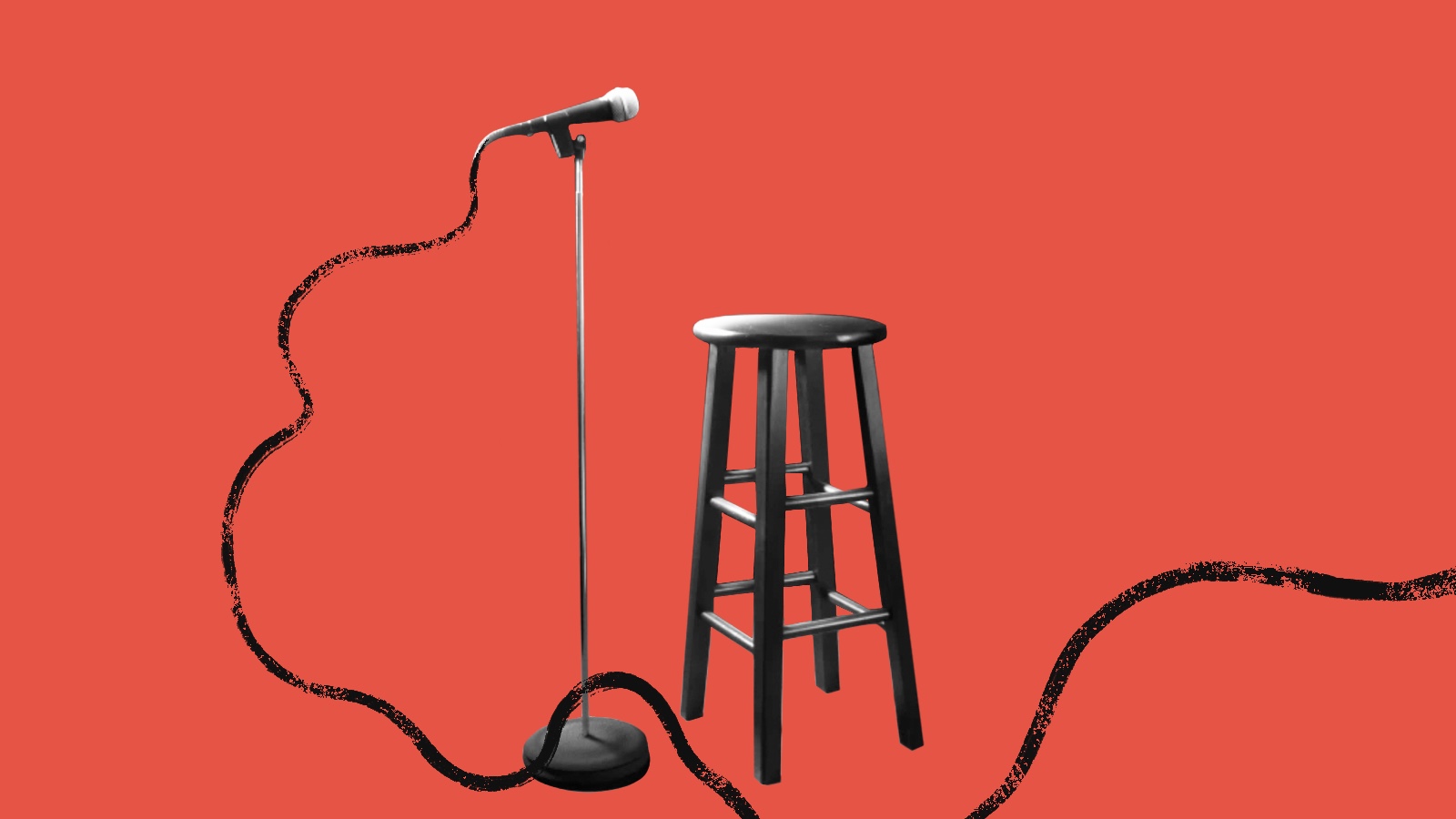Jerks might win the battle, but nice guys win the war

- Being a jerk works. It's been shown to get you more money, greater promotions, and more sex (at least if you're a man). Being aggressive, manipulative, and rude will mean you get your way more often.
- But while being a jerk might lead to personal success, a society full of jerks would quickly fall apart. Humans are wired to trust each other.
- While jerks may thrive initially, they risk being outcast when their true nature is discovered.
I once knew someone who, without a hint of shame or self-consciousness, told me, “I don’t wait in line.” That is an odd thing to say, let alone admit. Curious, I asked him what he did when he went to a store, the subway, or Disneyland. He carried on, “I just cut in, mate. The way I figure it is this: My time is more important than anyone else’s. So, I’ve found that if you just do it and do it confidently and with a bit of aggression, then people won’t say a thing.” I asked him if anyone ever pushed back and he replied, “Maybe once in a while. Mostly everyone just backs down, but if I think they’re going to kill me, yeah, I’ll probably let them go first.”
He laughed. I frowned. We don’t speak anymore.
But, depressingly, he’s right. It’s a fact of human nature that it often pays to be a jerk. You can be as nice, polite, gentle, and unassuming as you want, but if you are, then nine times out of ten, you come in second place to that angry, obnoxious lout who’s ready to blow up. Why?
There’s a part of human psychology that naturally wants to deescalate. Most people want to smooth over bumps and make things right. Let’s say you get two emails in your morning inbox. One is full of pleasantries and “would you mind if” language. The other is the grumpy rant of a truculent boor. Which do you reply to first? Which one do you think over — obsess over — more?
Nice guys finish last
There are various studies that seem to suggest a connection between dominance, aggression, and Machiavellianism and personal success. One study from 2011 noted that those who are most disagreeable (as in those who are willing to bicker, shout, and stampede their way through life) will be likelier to earn more — that is, if you’re a man. The study noted that being “disagreeable” in this way, especially in the workplace, was part of the stereotypical gender role of “masculinity.”
As the authors put it: “Disagreeable men reap a double benefit — their disagreeableness helps them better translate their human capital into earnings advantage, and the same behavior conforms to expectations of ‘masculine’ behavior.” (Curiously, if women show a similar disagreeableness, they do not get the same degree of financial success — “even the nice guys seem to be making out quite well relative to either agreeable or disagreeable women.”)
So being a (male) jerk works. One study, from 2012, teaches us that dominant people are more likely to be seen as competent (even when they’re not). Another, from 2019, argues how being a “toxic employee” (that is, manipulative and exploitative) may “facilitate the rise to upper-level positions, management positions, and leadership roles.” And, while “nice guys” might be desired by women for long-term or meaningful relationships, there’s evidence to suggest that if it’s just sex we’re talking about, then “bad boys tend to be more sexually successful.”
So, being a jerk gets you rich, promoted, and laid. Being a jerk is sounding pretty attractive.
But at what cost?
The problem, though, is that no society can function if each of its members is a selfish, exploitative, narcissistic jerk. Humans are designed to cooperate with each other. We are meant to trust the person next door, and so we help others with the faith that they will help us in return. In this environment, jerks will be found out and, ideally, shunned.
In 2012, Robin Dunbar made the case that gossip — whispering behind our hands about who did such and such a bad thing — is a kind of social culling. It points out the social deviants of the pack. It calls attention to those who cannot be trusted. The evolutionary biologist, David Wilson, likewise argued that those who are Machiavellian will do their best to hide their Machiavellianism precisely because they know, if they are found out, that it will serve them poorly.
While jerks might be personally successful, they become so at the expense of everyone else. As one 2008 study put it, “[Machiavellians] are prone to engaging in a variety of behaviors that would be categorized as counterproductive work behaviors, voluntary actions that harm the well-being of the organization.” The paper points out that these same jerks are more likely to steal and less likely to reciprocate acts of kindness.
Taking the stand
In Stephen King’s epic novel, The Stand, we are presented with a post-apocalyptic wasteland where all the survivors have gravitated to one of two camps. In “Boulder Free Zone,” led by the benevolent Mother Abigail, there’s community, cooperation, and kindness. It’s a place of democracy, trust, and caring. In Las Vegas, on the other hand, led by the diabolical Randall Flagg, we have a society of narcissists. It’s a place built on the worst in human nature: selfishness and egotism. If you read the book, it’s not hard to see where you would want to live. Las Vegas is a totalitarian nightmare of fear, oppression, and casual violence. King makes a good case for how a land full of jerks is not a fun place to live.
The reason that being a jerk is so successful is that we’re wired not to be jerks. We need each other. Trust and friendliness are the norm, so we just assume they exist in others. As Rutger Bregman put it for Big Think:
“For a very long time, it was actually friendliness that helped you to survive. And now imagine living in the Ice Age, being a nomadic hunter-gatherer, what did you need most? Well, you needed friends. You weren’t going to survive without friends, because you know, there could be a tough day, you could get an injury or something like that, and then you really needed those friends. So friendliness was sort of an evolutionary advantage and evolutionary adaptation, and there was a very strong, strong pressure, a selection pressure, so that we became friendlier and friendlier and friendlier.”
My ex-friend who cuts in line is clearly a jerk. What studies show is that he’s likely to be highly successful because of it. But if Bregman, Dunbar, and Wilson are right, when he gets found out — when people fully realize what he is — then he will be alone and outcast. Jerks might temporarily win the battle, but nice guys win the war.





